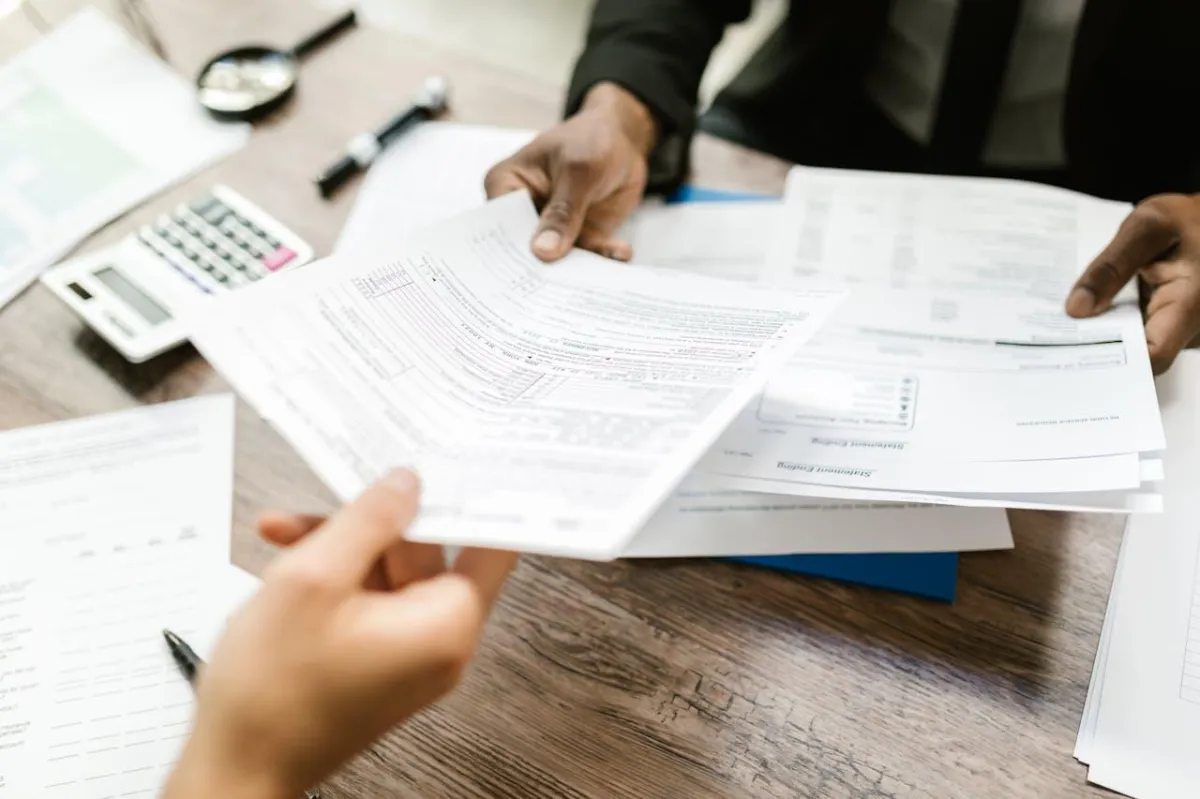By calling, you agree we may follow up to better assist you, even if your number is on a Do Not Call list.
Read Our Latest Blogs
Learn about tax relief and hear the latest news.

CP14 Notice (What It Means & How to Pay)
Receiving any kind of mail from the IRS can be stressful, and a CP14 notice is no exception. However, it’s important to note that a CP14 notice is not an accusation of any crime. Instead, it is a kind of ‘heads up’ that the IRS has noticed a discrepancy in your file and that you owe more money than they’ve received.
The following guide looks in more detail at what a CP14 notice is and how to effectively resolve it.
What is a CP14 Notice from the IRS?
A CP14 notice is a bill sent by the IRS indicating that you owe unpaid taxes.
The government sends a CP14 notice when there is a discrepancy between the taxes you paid and the amount you owe, which marks the start of the IRS’s collection process.
Understanding Your CP14 Notice
Your IRS CP14 notice details:
The amount of tax owed
The specific tax year
Penalties and interest accrued
Upon its arrival, you should read your notice carefully. It will lay out the basis of the IRS’s calculations and where they have found discrepancies. Cross-check with your own tax records to confirm there are no errors in the IRS’s claims.
Why You’re Receiving a CP14
You receive a CP14 notice because the IRS has determined that your account has unpaid taxes after the tax filing deadline.
There are a few reasons this happens:
Underreporting income
Mathematical errors on your tax return
Insufficient tax withholdings
Failure to include all taxable income
In addition to other potential reasons
Getting a CP14 is quite common and is not an accusation of wrongdoing. It’s more the IRS’s way of informing you to pay for the additional taxes you owe that you may not have anticipated.
What You Should Do Now
Upon receiving a CP14 tax notice, you should:
Review the Notice Thoroughly: Verify that all the information is accurate, paying attention to the tax year and amount owed.
Assess Your Financial Situation: Determine whether you can pay the full amount immediately or need to arrange a payment plan.
Prepare Your Response: With your accountant or a tax professional, prepare your response to the IRS as swiftly and accurately as possible.
How To Pay the IRS CP14
You have several options for repayment after receiving an IRS CP14:
Immediate Full Payment: Avoid additional interest and penalties by paying the full amount due.
Installment Agreement: If you can’t pay in full, consider requesting an installment agreement that allows you to pay over time.
Offer in Compromise: In some cases, you might qualify for an offer in compromise, which allows you to settle your tax debt for less than the amount owed.
1. Assess What You Owe
The first thing to do when you receive your CP14 notice is to assess the accuracy of the tax you owe:
Compare the CP14 With Your Own Records: Check all IRS figures against your own tax filings. Check each figure, from the reported income and deductions to the tax rate applied.
Review the Timing of Your Tax Filing: Check whether all your payments and filings were made on time. Late submissions can accrue penalties and interest not initially accounted for and explain the CP14 notice.
Identify Any Errors: Some of the most common errors are misapplied payments and incorrect penalty calculations. For example, you may have sent your payments as credited to a different tax year or type of tax.
2. Consult With A Licensed Tax Attorney
Next, you should consult with your tax attorney. This step is optional but helps to ensure everything goes as smoothly as possible. Here are the main things a tax attorney helps with:
Tax Law Experts: Tax Attorneys know the ins and outs of tax law, including any nuances you may miss in an IRS notice.
Negotiation: Tax Attorneys are also skilled at negotiating, helping you get the best payment or relief from the IRS.
Planning: A tax attorney can help address the problems that led to the notice in the first place, preventing future CP14 notices.
3. Only Respond With Legal Assistance
When responding to an IRS CP14 notice, it’s easy to make costly mistakes. That’s why it pays to have professional legal assistance. You’ll get better accuracy in your communications with the IRS, avoid costly mistakes, and, in general, settle with better peace of mind.
When Do I Have to Pay my CP14 Notice?
You should pay the CP14 balance as soon as possible to avoid further penalties and interest payments.
Typically, the IRS expects your response or payment within 21 days from the date of the notice, which they will explain in the notice.
If you negotiate a payment plan or another arrangement with the IRS, then they will expect the first payment within 21 days and subsequent payments in a timely manner based on the schedule you’ve agreed upon.
Frequently Asked Questions
Can I Pay My CP14 Notice Online?
Yes, you can pay your CP14 online through the IRS’s payment portal.
While you can still pay by mail using the information provided on your notice, paying online is the standard method for IRS payments.
Online payment is fast and secure, and your payment is immediately confirmed.
Is a CP14 a Civil Penalty?
No, a CP14 is not a civil penalty. It is only a notice that you owe unpaid taxes.
Civil penalties are fines that can occur if you do not file your taxes or pay the proper amount. A CP14 can, however, include interest on top of your unpaid taxes as compensation for being late.
How Do I Dispute IRS CP14?
To dispute a CP14 notice, you should:
Prepare all relevant tax documents that support your case.
Provide written explanations for discrepancies.
Consult with a tax professional.
Why Did I Get a CP14 If I Paid My Taxes?
If you believe you paid all your taxes and still received a CP14, this may be because:
The IRS still needs to receive your payment due to a clerical error.
You made errors in your calculations.
There was a mistake in which credits you could claim to your account.
The Fastest Way To Resolve Your CP14 Notice
The fastest way to resolve a CP14 notice is to pay it in full immediately. If you later find discrepancies with the IRS's claims, you can address them with the help of a tax professional and try to get them reimbursed.
Handling a CP14 notice promptly and effectively helps to prevent further complications from the IRS down the line.

Follow Us
Follow Us
At Redo Tax Relief, we understand that dealing with tax problems can be overwhelming and stressful. That’s why we offer personalized, confidential legal assistance to resolve your tax disputes and guide you towards financial peace of mind. Whether you're facing audits, back taxes, or any IRS-related concerns, our experts are here to help you achieve the best possible outcome.
Services
More
Resources
Contact Us
+1 866-371-6815
info@redotax
7083 Hollywood Blvd Suite #500, Los Angeles, CA 90028 - Serving The Entire US
Monday - Friday, 8:00 am - 5:00 pm
© Copyright 2024 Redo Tax. All rights reserved.
